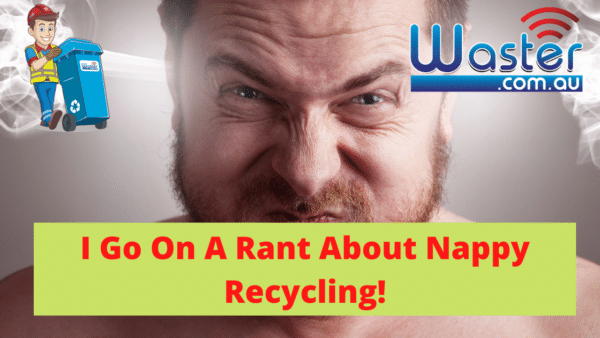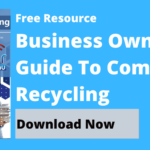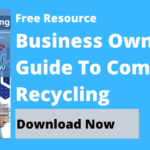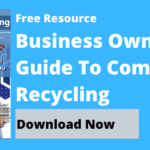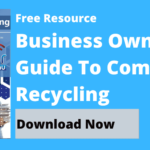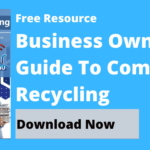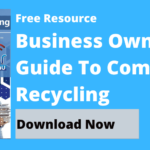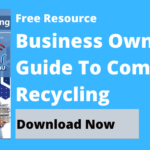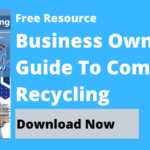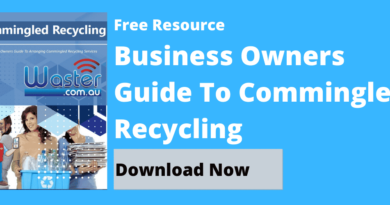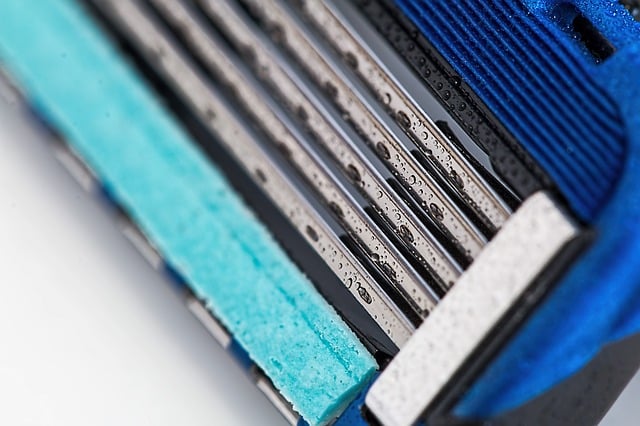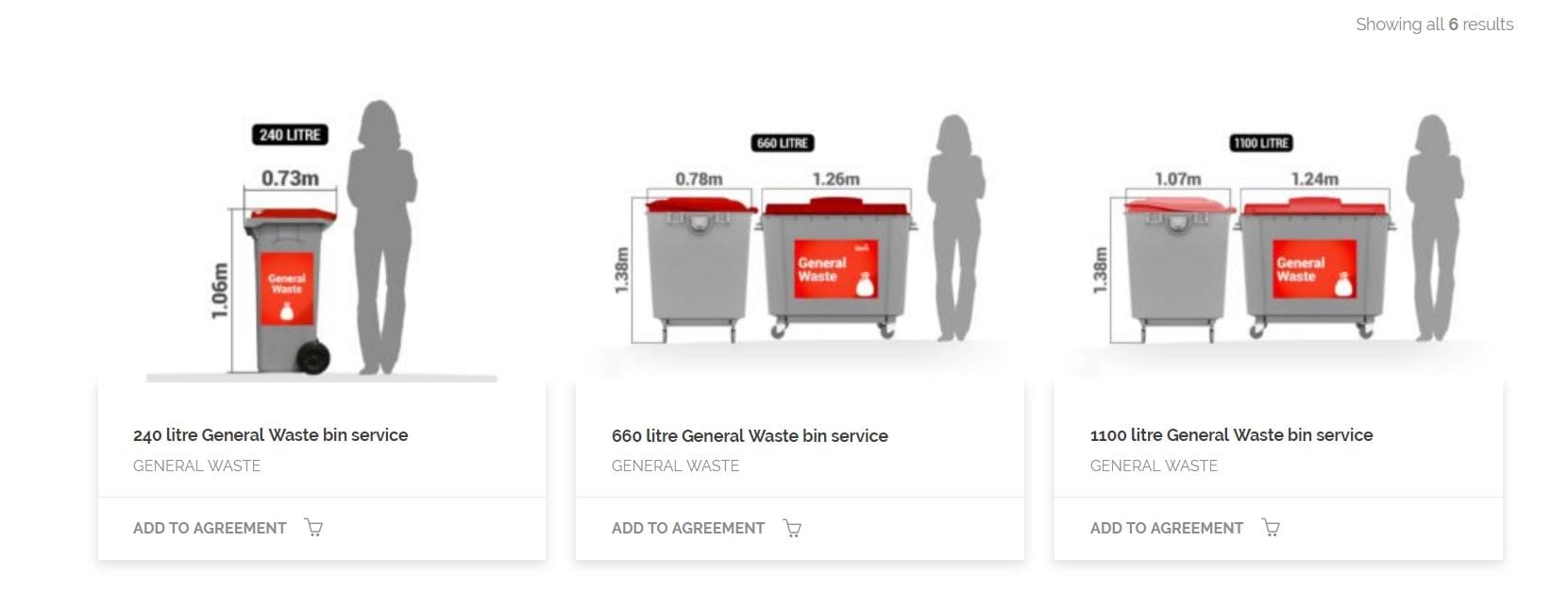Nappy Recycling – I Go On A Rant ♻️ Podcast Ep. 14 Don’t Be A Waster
Energy Disrupter
I Go On A Rant About Nappy Recycling ♻️ Podcast Ep. 14 Don’t Be A Waster
Listen on Apple Podcasts Listen on Spotify Listen on Google Podcasts Listen on Stitcher Listen on Amazon Music
In this episode Aodhan goes on a rant about nappy / diaper recycling or lack thereof in Australia.
Is he right or wrong – tell us what you think.1
Did you know that all nappies in Australia end up in landfill in 2022?
Transcript – I Go On A Rant About Nappy Recycling
Hello and welcome to another edition of our podcast on all things recycling that is Recycle: Don’t be a Waster I hope you’re all having a great week we are now in mid-February and I suppose I’ll give you a trigger warning I am going to have a rant I’m going to go on a rant today which is something I generally wouldn’t do I’m generally quite a calm person but I think this is one of those recycling stories one of those issues about recycling in Australia particularly that really annoys me and so yeah I’m going to I’m going to yeah express some opinions shall we say so this is nappies or diapers kids nappies kids diapers that obviously at a certain time in most parents lives are very important they’re you know a cost and they provide a very useful function obviously you cannot do without them you know obviously we will touch on this at the end traditionally people use cloth diapers cloth nappies for kids and you wash them yourself you know and let’s be honest that was a messy and unpleasant job and of course then the convenience and yeah the convenience and the outsourcing of that you know the smelly stuff went led to the I suppose the proliferation and popularity of disposable nappies.
Plastic nappies fundamentally which I suppose came into most western countries 20 30 years ago and yeah like I don’t think I don’t have exact figures but the vast majority of parents even in 2022 will still use these nappies you know lots of people do attempt or try or at certain times use the cloth nappies but a large percentage then just go back to the disposable ones due to convenience and you know thinking to yourself do I need things to be this hard and I completely understand so I was there myself I have to admit so what really annoys me is that the sheer problem the ecological environmental problem produced by these nappies is it can be certainly reduced it can be to a large extent removed but we in Australia have not done anything to do that so just to give you a concept or a feel for the scale of this problem I’m quoting here from sustainability Victoria where it says a staggering 3.75 million disposable nappies are used each day on in Australia and New Zealand and it takes about one cup of crude oil to make each nappy.
This is a lot of landfill with conventional disposable nappies estimated to take up to 150 years to break down you know just those numbers are staggering when you when you think about Australia where we are a country of you know roughly 25 million people give or take and you know just my own back of the envelope calcs mean the 3.7 5 million nappies a day is roughly 1.4 billion nappies going to landfill every single year which literally is mind-boggling like this the sheer scale of that and then when you add up that that they will last in landfill for up to 150 years I suppose and that’s probably the best estimate I assume and the sheer volume of oil crude oil that we’re using to make these nappies it’s you have to ask yourself can we not do better can we can we not do better at all you know I don’t know if many people realize that every single nappy in Australia pretty much ends up in landfill whether you throw in general waste at your house or even if you’re in an aged care home or a child care centre you know it goes into general waste even if you have a nappy disposal service you know which is in public toilets you know shopping centres those sort of places there’d be a company will come and remove the nappies but those nappies still will end up in landfill because there is no method of recycling them in Australia at the moment.
>Download Now: Free PDF Business Owners Guide To Commingled Recycling Bin Services
I suppose the question is that is that is that the way it is it simply that we cannot recycle nappies is there nothing we can do about it and you know why is that the way you know I suppose we will you know let’s look at what a nappy is a nappy is a manufactured product made from a mixture of things but mostly from plastic I’ll give you a brief description here that I have in front of me it has a number of things such as fibres to absorb moisture super absorbent polymers to retain moisture and plastic membranes and tabs to keep the user dry and secure so obviously you need different parts to the nappy to the diaper to make it you know do its job and also to to stay on the child this obviously makes it difficult to recycle and then obviously we’re adding some unpleasant materials liquids etc to that nappy to make the recycling process more complicated you know the question then is can you recycle nappies so the answer is in Australia we do not recycle nappies we do not recycle any but in theory we can and in other countries they are recycling nappies this is what really annoys me that we collect so much money from landfill levies and recycling funds and different things and we haven’t invested anything into this sector.
[embedded content]
Let’s look at what people do overseas just to give you an example as to how this problem can be addressed so there’s a company in the sector called Knowaste k n o w a s t e all one word and again we’ll link to that in the show notes that is in north America that’s where it began and also operates in Britain and operates facilities, factories in theory that recycle the recycled nappies just reading what how they operate no waste explains that they can separate and recycle plastic components for product manufacturing recycling bins made of plastic composite materials replacing steel wood and concrete as well as pet litter and bedding cardboard industrial tubing and fillers for construction and the road building sector you know so it is happening and it is happening in numerous countries the UK, the United States and the Netherlands and then you ask has this has there been any projects or has any progress being made in this area in Australia so from our research some preliminary research or preliminary efforts have been made a company called Relivit r-e-l-i-v-i-t was in the press for raising funds and partnering with Kimberly Clark a big manufacturer to build a plant that could in theory recycle nappies and incontinence pads and items like that.
Check out our podcast here on how industry benefits recycling.
So they were using a technology that was already in operation so it wasn’t it wasn’t science fiction it was science fact and they were promising to recycle these items so yeah the there’s an article in the Australian the financial review a number of years ago and it says the technology enables around 95 percent of absorbent hygiene waste which is nappies etc to be recovered through a process where the used nappies and pads are sterilized and then processed to reclaim most of the core components including paper fibre plastic and the super absorbent polymer these products are then used in other industries such as construction outdoor furniture agriculture and animal bedding and litter which all sounds great and so your you know my question is how far along the line how far have we progressed with this very beneficial project?
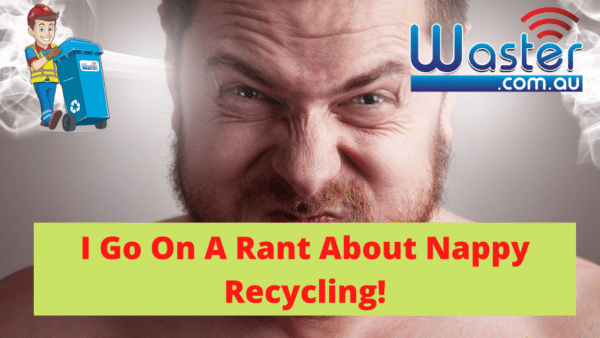

So the last news we find is that in 2014 Kimberly Clark was backing this project called relivit and they were attempting to raise 10 million Australian dollars to set up the first nappy recycle plant in naira new south Wales unfortunately this was abandoned in 2016 as they failed to attract sufficient funding and they had received a grant from the new south Wales government for 1.3 million but needed another 5 million for financial markets to get the plant up and running and unfortunately they were not able to do that so you really have to ask yourself a question when we’re sending you know we’re committing to net zero as a country we are committing to in recycling more and more we’re paying people you know 10 cents to recycle cans and bottles all this sort of stuff and you’re asking yourself aren’t we collecting millions and millions of dollars a year through landfill levees is isn’t that what news our whales and other states but in New South Wales for example we are paying roughly $150 for every ton of waste that goes to landfill as what’s called an environmental levy and that levy is at least told we’re told that it’s supposed to invest in recycling facilities and you know give you an option to to recycle so it’s designed to do two things it’s designed to increase the relative cost of dumping a landfill so it makes it much more efficient and sensible for you to actually recycle.
In my book there’s not much point in charging more if you’re charging somebody more to dump a landfill when there is no actual recycling option available in theory that’s just a tax it’s not an environmental levy no matter what you want to call it so charging people extra when you have no other option to get rid of this product is in theory it’s not really fair on business or consumers so to me five million dollars to get a plant up and running that will have clear tangible benefits to to the country to the state to me that’s shouldn’t that be very high on the list of you know on the spending list you know for the state government or the federal government shouldn’t we have at least one recycling plant for these for these products you know outside every metro I said every capital city in the country when you think of the sheer volume of them it’s to me it seems bizarre that we haven’t we haven’t invested more in this.
This would be an ideal in a scenario we covered in a previous podcast the concept of extended producer responsibility epr whereby manufacturers of products there’s a responsibility for them to either recycle them make them more recyclable or you know help you know build facilities etc to do that and if you think like if you just even look at the back of an envelope numbers if we’re the sheer volume 1.4 billion nappies per annum you know what percentage of what donation from the manufacturers would it take hand in hand step by step with the state governments to actually finance these facilities I don’t think it’s a hard you know a hard or unachievable ask to actually meet that so I think it’s like I think I said in my last video or my last podcast last week that if I ran the state or the country you know one thing I would do is I would say I’ll build facilities to recycle nappies because to me it is I don’t like using the phrase a no-brainer because you know generally it backfires on the person saying it but it is something that seems to me to be so obvious and financially achievable that it is bizarre that we haven’t examined it more.
I think that’s my rant over for today maybe next week I’ll be calm down and we’ll go back to something a bit more a bit more normal but yeah tell me what you think as usual I’d be interested in hearing any feedback or what people think about the what I would regard as a national scandal on the lack of recycling of nappies and you know what do you do what do you think do you use disposable nappies or do you use the old-fashioned wash at home which clearly is a much better option for the environment and you know saves you money obviously cheaper for parents but obviously much more much more beneficial for the environment in general so yeah reach out tell me what you think and thanks again for listening


